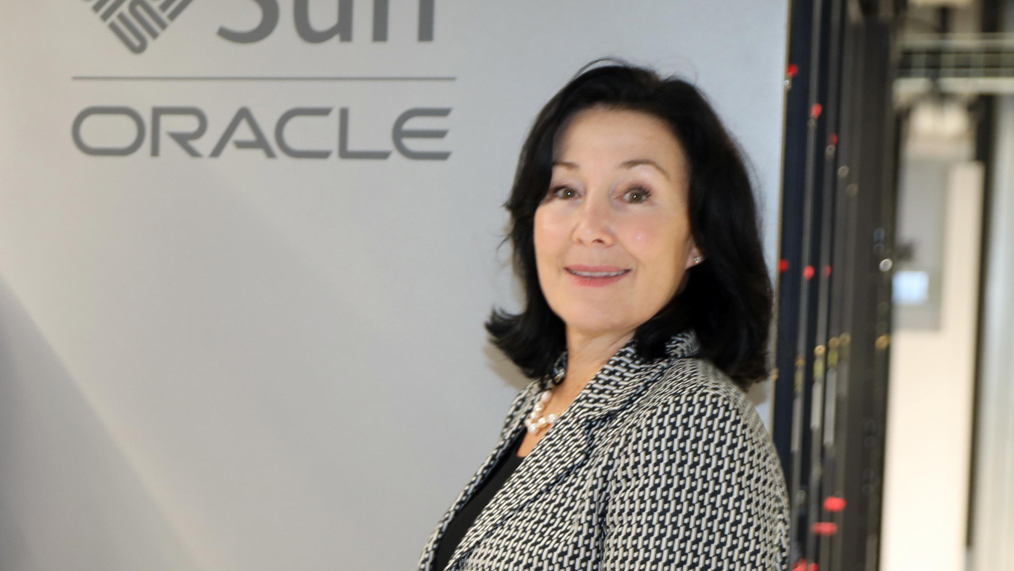
Oracle CEO Safra Catz underscores Israel support in Jerusalem data center launch
"If Oracle employees don't agree with our mission to support Israel maybe we aren't the right company for them," said Catz
Meir Orbach | 12:51, 08.07.21
"This is my first visit outside the U.S. since the start of the pandemic and I'm very excited to be here," Oracle CEO Safra Catz said in a press conference on Thursday as part of the unveiling of the company's new data center set up in Jerusalem.
Catz, who was born in Israel and emigrated with her family to the U.S. as a child, displayed her fluent Hebrew during the press conference. She stressed the importance of the security of the data center, which lies nine floors underground, protecting it from any potential rocket attack.
When asked about the protests against Israel organized by employees at Google and Apple, Catz said that "when you connect with Oracle you understand that we are committed to the U.S. and Israel. We are not flexible regarding our mission, and our commitment to Israel is second to none. This is a free world and I love my employees, and if they don't agree with our mission to support the State of Israel then maybe we aren't the right company for them. Larry (Ellison, co-founder of Oracle) and I are publicly committed to Israel and devote personal time to the country and no one should be surprised by that."
The Israeli government recently announced that Amazon Web Services (AWS) and Google were chosen for a more than $1 billion cloud project to provide cloud services for Israel’s public sector and military. Oracle was on the losing side of the tender for the four-phase project known as “Nimbus”, together with the likes of Microsoft and IBM.
"We never retire from tenders. This wasn't my decision," Catz said. "It is difficult for me to understand why we weren't chosen. I don't understand the thinking that led to this result and maybe they didn't have all the information available to them when they made it. This is a very difficult decision to understand."
